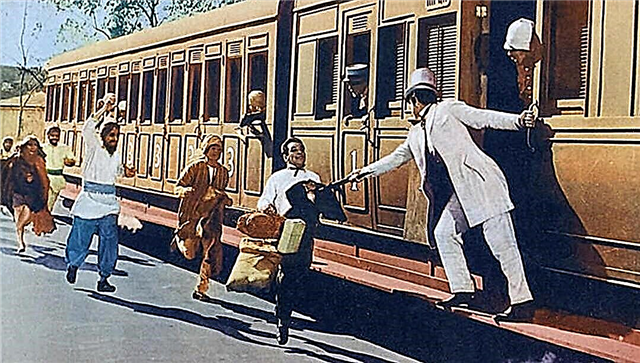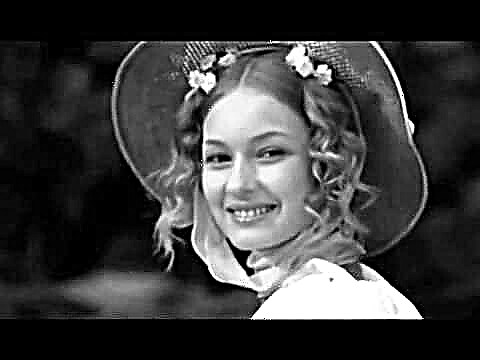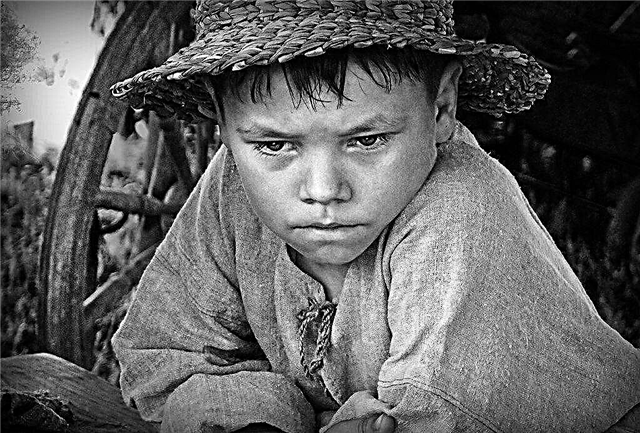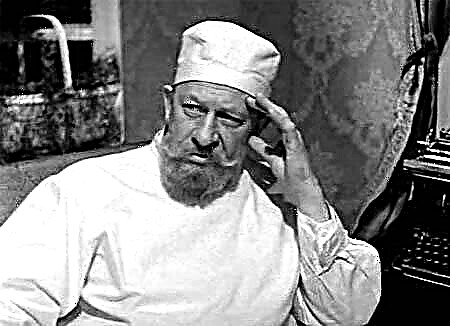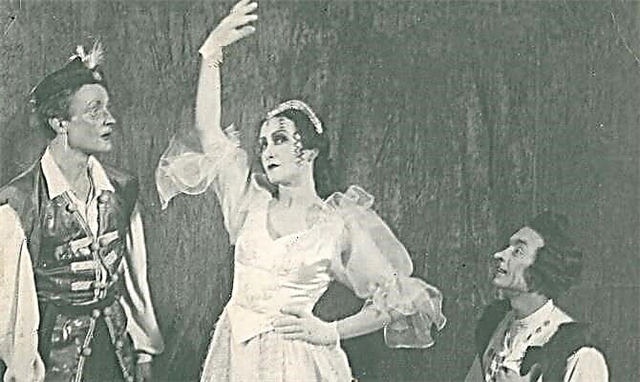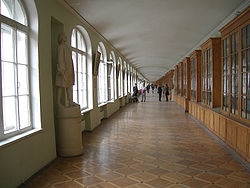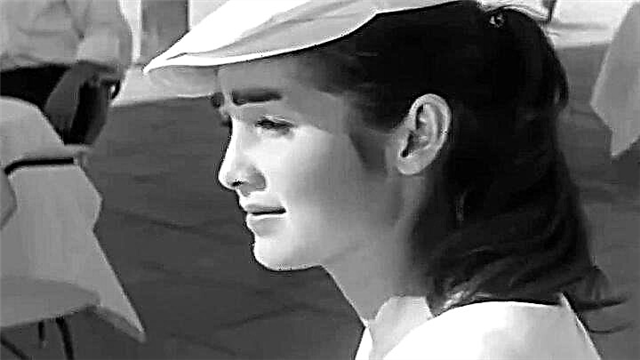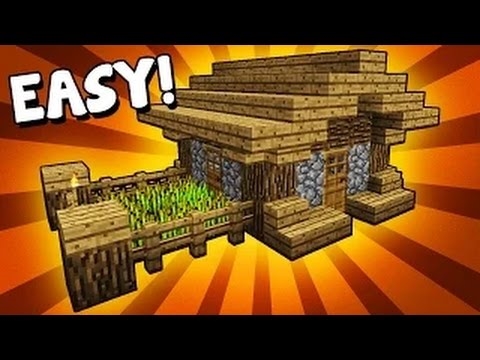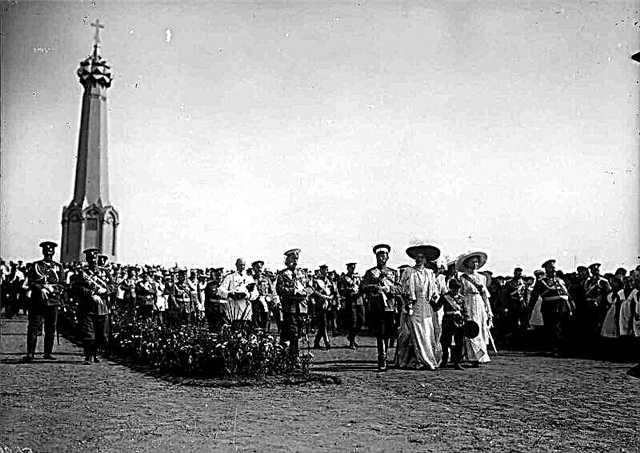The story, which is narrated by Alexander Sergeyevich Pushkin’s novel Dubrovsky, is based on a conflict between two landowners, who, despite the opposite of morals and characters, are good friends in the first half of the work. The first landowner - Troekurov - is infantile, quick-tempered, rich, influential, depraved. The second - Dubrovsky - is honest, modest, has strict moral principles. However, we see how people who are voiceless and powerless before that, despite the law, rebel in the name of justice and against impunity, deception and cruelty. Let's think, why did this happen? What prompted the peasants to stay with Dubrovsky?
According to the chronology of events, the quick-tempered Troekurov is decided on meanness with bribery after the letter of Andrei Gavrilovich. Dubrovsky until the very end hopes for a quick solution to this conflict: all he expects is a simple apology on behalf of the offending side, from Troekurov. However, Kirill Petrovich does not consider himself obligated to apologize and decides to start a war with serious bets, namely: to destroy the enemy, humiliate and rob. He expects submission and obedience, like any tyrant whose authority has been called into question. Dubrovsky did not expect such a turn of events. He was not ready to receive a blow of such strength, and as a result, the news that he had lost his family estate becomes fatal for him, the old man suffers a blow, his mind fails, and he dies.
The old nanny in a hurry writes a letter to Andrei Gavrilovich’s son Vladimir about the events taking place in the house. He in a hurry completes all things in the capital and rushes to the estate, barely having time to catch a dying father. He is gripped by grief so much that he does not have the strength and time to engage in legal proceedings, so he becomes a dumb witness to how bailiffs, not particularly ceremonious with him, in the hope of a worthy reward from Troekurov, put him out with a circle of trusted people on the street, describing all the property of the estate.
All the servants in the house are discouraged, they witnessed a serious drama with a terrible ending. Owning a property also means owning all the people who live on this earth. However, the servants and peasants are against, they loved their former master, and rumor about the neighbor more than once brought terrifying news. He is cruel to people, mockingly refers to anyone who is weaker than him. Grief rallied these people, everyone considers the court decision to be unheard of lawlessness and decide on a riot. They refuse to take possession of the tyrant Troekurov and accept his vile deed.
A handful of peasants, led by Dubrovsky Jr., decide on a desperate act: they decide to burn their house so that his family’s things are not mocked by a tyrant neighbor. One of his servants is so absorbed in the situation that he decides to go even further: he closes the door of the burning house so that officials do not have the opportunity to get out of the flames. The anger of the peasants is so great that they are even ready to kill for revenge for their good master. This act was completed in despair and fear, but it was he who drew the final line between the past and the future of these people. They officially became illegal, runaway peasants, criminals. Returning to their former status meant for them not just the hard fate of a slave to a cruel infantile master, but prison and, possibly, the death penalty. The peasants avenged their master. But the price of revenge is too high and hardly made any sense. They were attached to their landowner and now their fate was completely in the power of themselves, perhaps for the first time in their life. With his lawlessness, Troekurov violated their usual way, left them homeless and penniless, but they found the strength to rebel against arbitrariness, lawlessness, and bureaucratic lawlessness.
The fugitive peasants, led by Vladimir, form a gang that lives off robberies and robberies and instills fear in all the neighboring landowners. Once they break the law, they become free from any generally accepted norms, morality does not bother them anymore, and from the point of view of the law, they have nothing to lose at all. A similar way of life erases their class boundaries between the master and the peasants. It is more pleasant and easier for them to live like this than in captivity with the new master, and they can be understood. Despite the difficult situation with the killings of bailiffs, the truth is on their side. As a reward, peasants receive the long-awaited freedom. Having chosen the side of their master, standing for his honor and taking revenge, the peasants can live not in slavery, but freely. This award is worthy of brave people.

